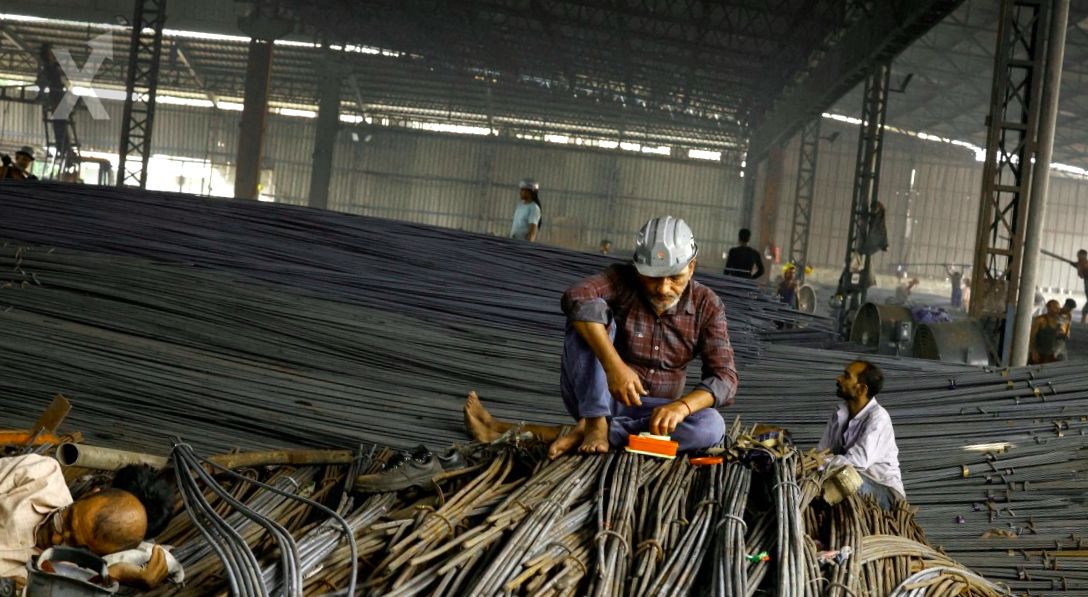New Strategy to Bring Companies Back to Mexico

The Mexican Government has issued a decree aimed at promoting the relocation of companies within the country, offering tax incentives for investors, as published on Tuesday in the Official Daily of the Federation (DOF). This initiative is part of a national economic plan presented by President Claudia Sheinbaum that seeks to position Mexico among the top ten economies in the world by 2030. This announcement comes just a week before Donald Trump's swearing-in, who on Monday threatened to impose a 25% tariff on imports from Canada and Mexico starting February 1.
The decree states that "tax incentives will be granted regardless of industrial sectors or whether the companies are national or foreign, taking into account the participation of micro, small, and medium enterprises." Furthermore, it indicates that the president "finds it necessary to optimize the incentives currently given to foreign companies returning to national territory," as well as encouraging Mexican companies capable of integrating into value chains. These tax incentives will be available until September 30, 2030, with a limit not exceeding 30 billion pesos in total during this period, according to what was signed by Sheinbaum, who will conclude her term that same year. Among the sectors that will benefit from immediate deductions for investments in new assets are construction, transportation, communications, as well as machinery and equipment for electricity generation, paper manufacturing, metal production, and technological development, each with different deductible percentages. The initiative known as Plan Mexico aims for 50% of local inputs and consumption to come from products made in Mexico, as well as to increase national content within global value chains by 15% in sectors such as automotive, aerospace, semiconductors, among others, in addition to implementing joint investment schemes for infrastructure projects.
This decree is a strategic measure that seeks not only to attract foreign investment but also to strengthen local production. It is crucial for the government to maintain transparency in the use of these tax incentives so that they truly translate into sustainable economic benefits and an increase in the country's competitiveness. Mexico's integration into global value chains represents a significant opportunity, but a joint effort is required to ensure it materializes effectively.






